Arlington National Cemetery is set to uproot Confederate Statue as Biden administration continues push to remove grave of sculptor below as well
A Confederate appeasement monument will be removed from Arlington National Cemetery, ignoring a recent demand from more than 40 Republican members of Congress to prevent the Pentagon from moving forward.
Security fencing has been installed around the monument and officials expect to complete the removal by Dec. 22, Arlington National Cemetery said in an email.
During the removal, the surrounding landscape, graves and headstones will be protected, Arlington National Cemetery said.
Virginia Gov. Glenn Youngkin disagrees with the decision and plans to move the monument to New Market Battlefield State Historical Park in the Shenandoah Valley, Youngkin spokeswoman Macaulay Porter said.
Youngkin also opposes the Biden administration's choice to remove the statue and grave of the monument's sculptor, Moses Ezekiel, from the cemetery.
A Confederate appeasement monument will be removed from Arlington National Cemetery, ignoring a recent demand from more than 40 Republican members of Congress to stop the Pentagon
In 2022, an independent commission recommended removing the monument as part of its final report to Congress on renaming military bases and properties that commemorate the Confederacy.
Unveiled in 1914, the statue depicts a bronze woman crowned with olive leaves standing on a 35-foot pedestal and was designed to represent the American South.
According to Arlington, the woman is holding a laurel wreath, a plowstick and a pruning knife, with a Biblical inscription at her feet that reads: “They have beaten their swords into plowshares and their spears into pruning hooks.”
Some of the figures also in the statue include a black woman depicted as “Mammy” holding a white officer's child, and an enslaved man following his owner to war.
In a recent letter to Defense Secretary Lloyd Austin, more than 40 Republicans in the House of Representatives said the committee exceeded its authority when it recommended the monument's removal.
The members of Congress argued that the monument “neither honors nor commemorates the Confederacy; the monument commemorates reconciliation and national unity.'
“The Department of Defense must respect Congress's clear legislative intent regarding the Naming Commission's legislative authority,” the letter said.
U.S. Representative Andrew Clyde, a Republican from Georgia, has taken the initiative to block the monument's removal.
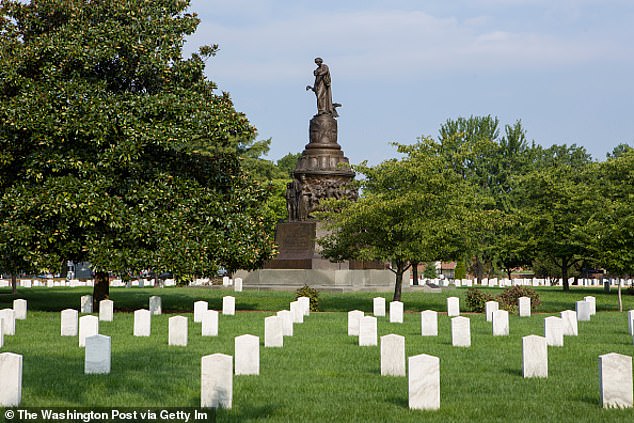
Security fencing has been installed around the monument and officials expect to complete the removal by Dec. 22, Arlington National Cemetery said in an email.
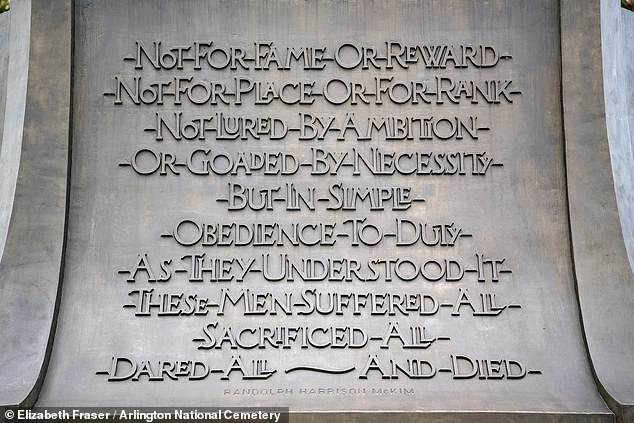
In 2022, an independent commission recommended removing the monument as part of its final report to Congress on renaming military bases and properties that commemorate the Confederacy.
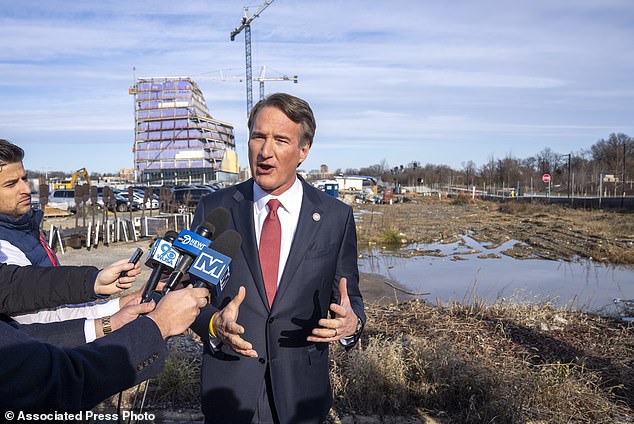
Virginia Gov. Glenn Youngkin disagrees with the decision and plans to move the monument to New Market Battlefield State Historical Park in the Shenandoah Valley, Youngkin spokeswoman Macaulay Porter said.
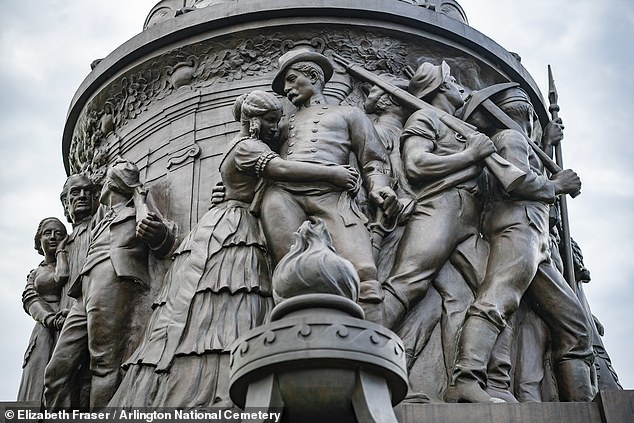
Unveiled in 1914, the statue depicts a bronze woman crowned with olive leaves standing on a 35-foot pedestal and was designed to represent the American South.
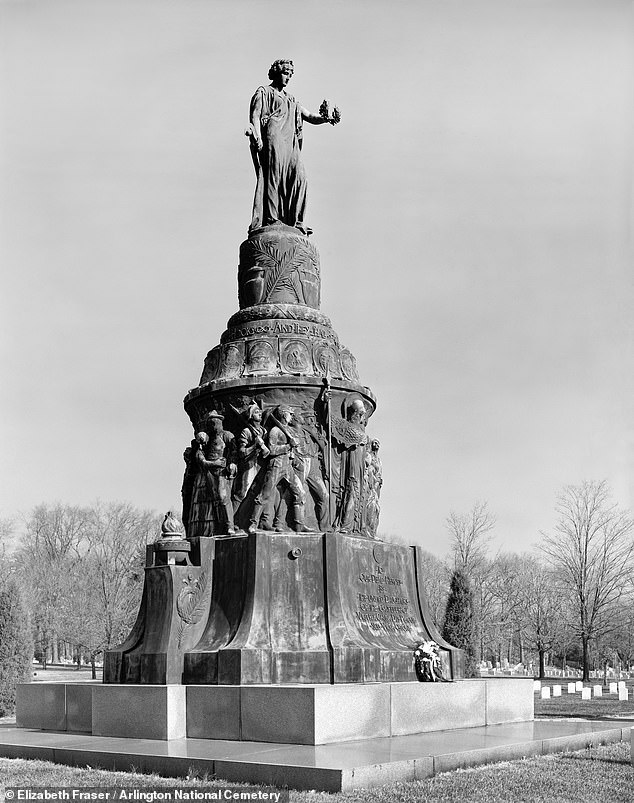
According to Arlington, the woman is holding a laurel wreath, a plowstick and a pruning knife, with a Biblical inscription at her feet that says, “They have beaten their swords into plowshares and their spears into pruning hooks.”
A process to prepare for the monument's removal and relocation has been completed, the cemetery said.
The monument's bronze elements will be moved, while the granite base and foundation will remain in place to avoid disturbing surrounding graves, the report said.
Earlier this year, Fort Bragg threw off its Confederate namesake to become Fort Liberty, part of the Defense Department's broad initiative, motivated by the 2020 George Floyd protests, to rename military installations named after Confederate soldiers.
The North Carolina base was originally named in 1918 for General Braxton Bragg, a Confederate general from Warrenton, North Carolina, who was known for owning slaves and losing key battles in the Civil War that contributed to the downfall of the Confederacy.
The Black Lives Matter demonstrations that erupted nationwide after Floyd's killing by a white police officer, coupled with ongoing efforts to remove Confederate monuments, turned the spotlight on military installations.
The naming committee established by Congress visited the bases and met with members of the surrounding communities for input.
